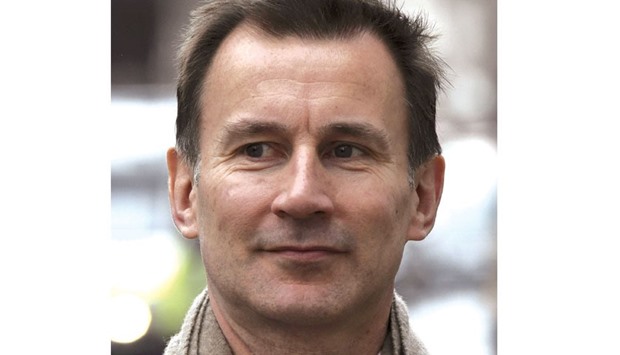The British Medical Association has announced a new wave of strikes by junior doctors in England this month – the first since its members rejected the government’s final offer on their new contract.
Junior doctors are to stage five days of strikes with “full withdrawal of labour” between September 12 and 16, the British Medical Association has announced.
There will be a full withdrawal of labour, including junior doctors working in emergency departments, between 8am and 5pm on the days in question.
The industrial action will further test the NHS, already said by trusts to be at breaking point due to increasing demand for services, staff shortages, and insufficient funding.
There have been five previous walkouts in the dispute, all this year. The longest lasted for two consecutive days, and the first all-out strike – including junior doctors working in emergency departments – was held in April. More than 100,000 operations and outpatient appointments have been cancelled as a result of industrial action to date.
In May a compromise deal was agreed between the BMA and Jeremy Hunt, the health secretary, but last month members of the doctors’ union voted against accepting it by a margin of 58% to 42%. As a result, Hunt is pushing forward with plans to impose the contract on junior doctors – those below the level of consultant – in October.
About 37,000 BMA members, or 68% of the 54,000 trainee doctors and final and penultimate-year medical students who were eligible to vote, took part in the ballot on the settlement.
Dr Johann Malawana, then chair of the BMA’s junior doctors committee, had recommended the revised terms and conditions as the best deal junior doctors could get, but resigned after the ballot results were announced, and was replaced by Ellen McCourt.
The department of health accused the BMA of putting confrontation before co-operation in order to score political points. A spokesman said: “As doctors’ representatives, the BMA should be putting patients first not playing politics in a way that will be immensely damaging for vulnerable patients. What’s more, the BMA must be the first union in history to call for strike action against a deal they themselves negotiated and said was a good one.”
“Whilst there are many pressures on the frontline, funding is at record levels, with the highest number of doctors employed in the history of the NHS. Co-operation not confrontation is the way forward to make sure patients get the best treatment and the NHS is there for people whenever they need it.”

Hunt: plans to impose new contract on junior doctors.
